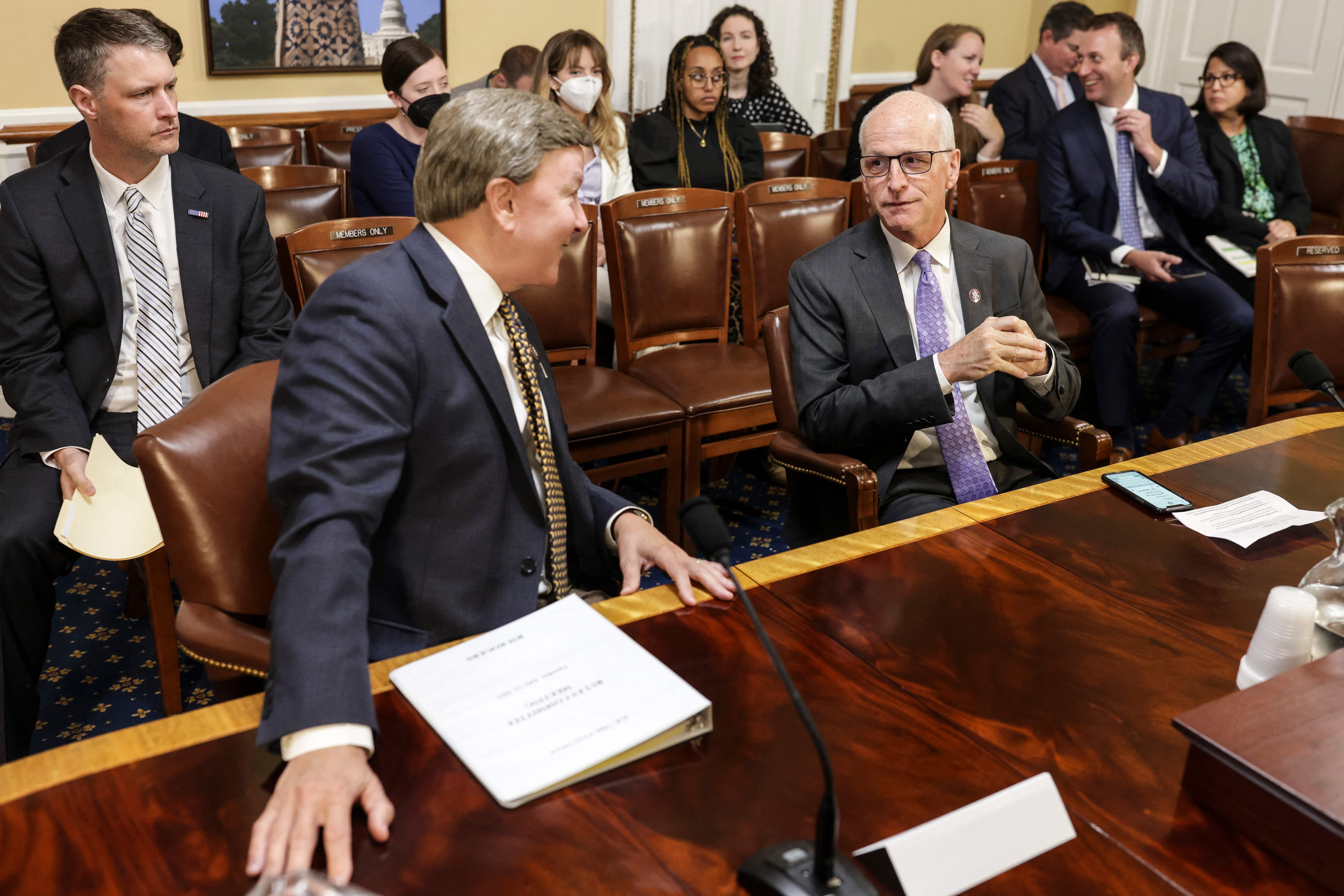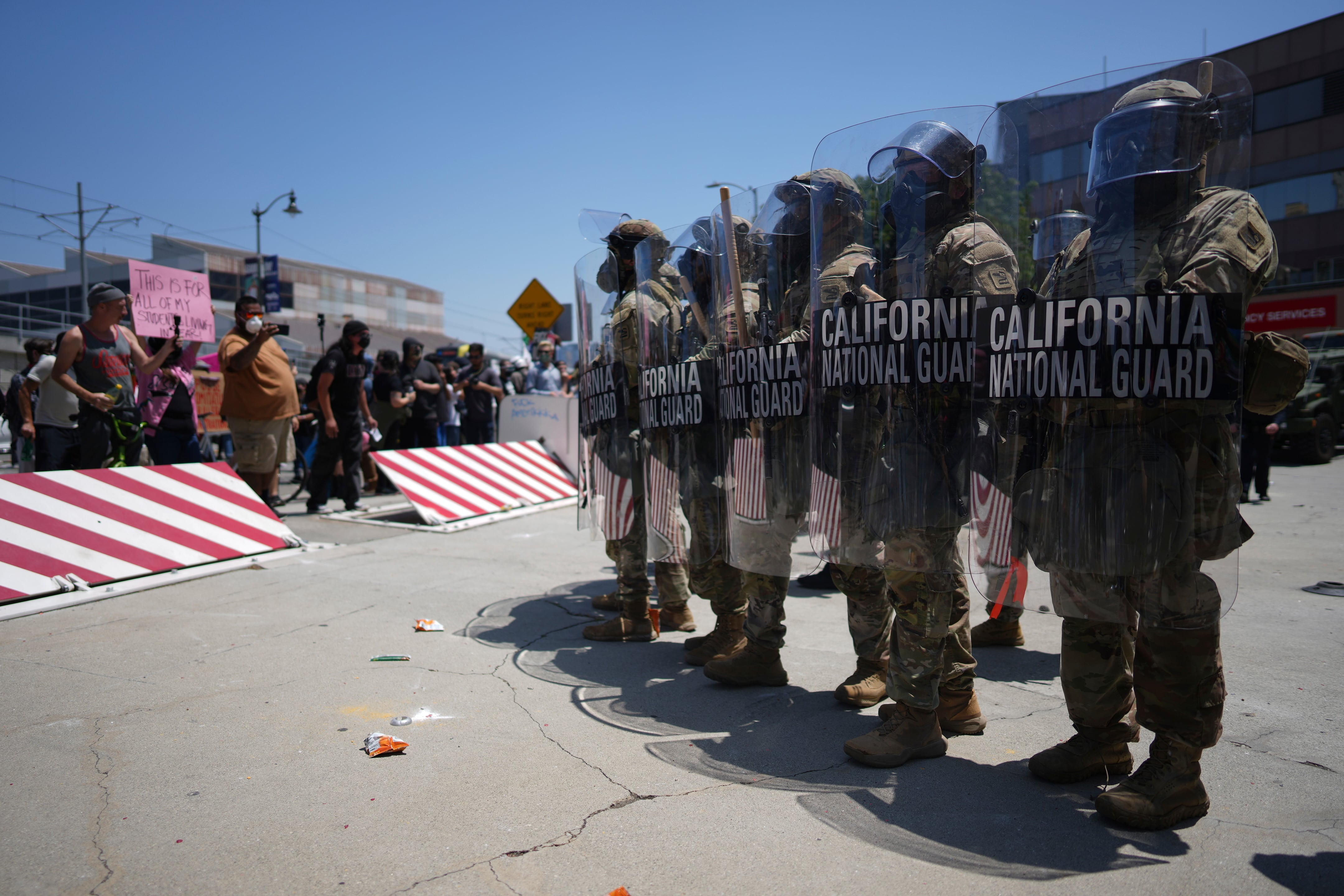As the election year rolls on and conversations about racial injustice in America take hold, more and more retired military leaders have spoken up on domestic politics.
In July, retired Marine Gen. Robert Neller, the Marine Corps' 37th commandant, spoke out in the wake of the death of George Floyd, a Black man who died at the hands of Minneapolis police in May, calling on America’s leaders to address racism and reimagine policing. He also announced his regret in failing to ban the Confederate flag on Marine Corps bases during his time as the top devil dog.
In early September, 235 retired senior military officers, including eight four-star generals or admirals, signed a letter backing President Donald Trump in the presidential race against his Democratic candidate Joe Biden, vice president under Barack Obama.
Most recently, retired Marine Corps Gen. Charles Krulak, the 31st commandant of the Corps, penned an opinion article in Marine Corps Times, criticizing Trump for his alleged disparaging remarks about the Marines who died at Belleau Wood and questioning the president’s leadership ability.
“I can only urge that those still deciding to remember that the world will be watching how we use that right,” Krulak said. “Are we still a nation that believes that character counts? Are we still guided by a strong moral compass?”
Whenever former military leaders dip their toes in partisan politics the question often comes up about their role in the political process and whether their public positions threatens the military’s apolitical stance role in America’s democracy.
Current Marine Corps Commandant Gen. David Berger on Thursday warned that even though the leaders are retired, when they voice their views loudly it reflects on those currently serving in the military.
“As general officers, when we retire, need to consider that our public our our individual citizen rights and responsibilities and all that goes along with that, or one aspect,” Berger said during Defense One’s State of the Marine Corps online seminar.
“But, the way the rest of the larger population views us, we have to factor that into the impact on the institution that we just left,” he added.
Berger does not question the right of any retired military member to voice their opinion on any subject.
But, when they do chose to speak on partisan politics he wants the retired admirals and generals to know that it puts those serving in military from the joint chiefs down in an awkward position, Berger said.
“When your introduction is retired, admiral, retired general, there is a direct connecting tissue back to those of us who are wearing uniform today, and we must remain apolitical,” he said. “I ask them to be very thoughtful about engaging either side, it doesn’t matter, in partisan politics."
There is one political message Berger can get behind however: “All of us should say go vote,” he said.










